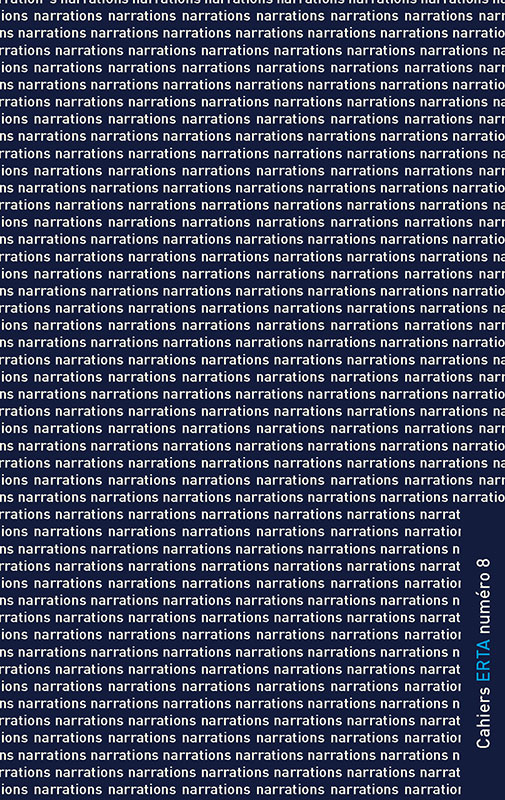To narrativize own phantasms and then live them: the love and the body in the theory of Roland Barthes
Keywords:
Roland Barthes, phantasm, theatricality, discourse, bodyAbstract
Since the 70's a specific theory of reading, writing and narrative perception originates in the thinking of Roland Barthes. Influenced by author’s reading of psychoanalytical and phenomenological writings now he turns to mental space of the reader - he cares about reader’s experience and, subsequently, his subjectivity and mainly phantasms, inner scenarios motivated by desire which in the Barthes’s work A Lover’s discourse: Fragments equal to figures. The notion of figure refers to another of important features of Barthes’s theory: we mean theatricality. The figures present the dramatic play within the text but also they challenge the reader to the game of codes: they aspire to become the projection space of identification. Our article then in its first part tries to present the epistemologic shift to the perception of narration and, in the second part, deals with the A Lover’s discourse: Fragments whose figures also represent the illustrated examples from the In search of lost time by Marcel Proust.
Downloads
References
Abraham B., « Les Fragments d’un discours amoureux de Roland Barthes », https://hal.archivesouvertes.fr/hal‐00447801/document.
Barthes R., « Le bruissement de la langue », [dans :] Idem, Essais critiques IV, Paris Seuil, 1984.
Barthes R., Fragments d’un discours amoureux, Paris, Seuil, 1977.
Barthes R., Le plaisir du texte, Paris, Seuil, 2014.
Barthes R., Roland Barthes par Roland Barthes, Paris, Seuil, 1975.
Biron N., « Entrevista a Roland Barthes. El discurso amoroso », www.pasa.cl/wp‐content/uploads/2011/08/El_Discurso_Amoroso._Entrevista_a_Roland_Barthes_Biron_Norman.pdf.
Iser W., L’acte de lecture : théorie de l’effet esthétique, Bruxelles, Pierre Mardaga, 1985.
Lacan J., Écrits I, Paris, Seuil, 1999.
Lacan J., Séminaire XI, Les quatre concepts fondamentaux de la psychanalyse, Paris, Seuil, 1973.
Laplanche J., Pontalis J.‐B., Vocabulaire de la psychanalyse, Paris, Presses Universitaires de France, 1992.
Proust M., Albertine disparue, http://fr.wikisource.org/wiki/Albertine_disparue/Texte_entier.
Proust M., Du côté de chez Swann, fr.wikisource.org/wiki/Du_c%C3%B4t%C3%A9_de_chez_Swann/Partie_2.
Ubersfeld A., Lire le théâtre III, Le dialogue de théâtre, Paris, Belin, 2011.
Tasserit C., Corps et lecture chez Roland Barthes, mémoire de fin d’études dirigé par M. Boulanger, 1986, www.enssib.fr/bibliotheque‐numerique/documents/63564‐corps‐et‐lecturechez‐
roland‐barthes.pdf.

 Academic Scientific Journals
Academic Scientific Journals





